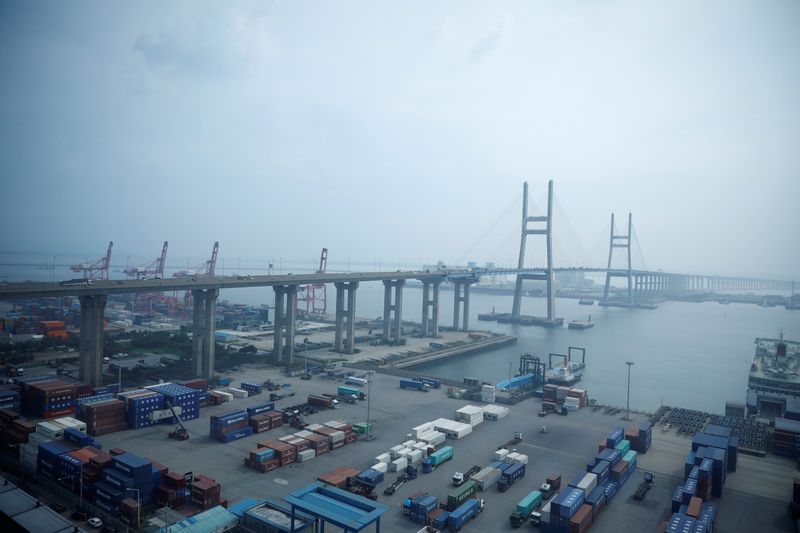South Korea factory activity growth slows on weak domestic demand
2024.07.31 21:00
By Jihoon Lee
SEOUL (Reuters) – South Korea’s factory activity expanded for the third straight month in July, but at a slower pace as weak domestic demand crimped output and new orders, a private-sector survey showed on Thursday.
The purchasing managers index (PMI) for manufacturers in Asia’s fourth-largest economy, compiled by S&P Global, stood at 51.4 in July on a seasonally adjusted basis, after racing to a 26-month high of 52.0 in June.
The index remained above the 50-mark, which separates expansion from contraction, for a third consecutive month.
“Both output and new order volumes rose, but at softer rates as firms mentioned that muted domestic demand had held back a stronger expansion,” said Usamah Bhatti, economist, S&P Global Market Intelligence.
“Firms were more optimistic regarding the year-ahead outlook for output, as they were hopeful that the current uplift in demand from international markets would feed into the domestic economy and provide further boosts to demand.”
Output and new orders grew for the fourth consecutive month albeit their pace slowed to three-month lows, the survey showed, with respondents noting that a subdued domestic economy partially dented overall client demand.
New export orders rose for the seventh straight month, with the growth rate only marginally weakening from a five-month high hit in the previous month.
There was evidence suggesting improved export order volumes in key markets, most notably the United States, Japan and South East Asia, according to the survey.
South Korea’s economy unexpectedly shrank in the second quarter, after growing in the first quarter at the fastest pace in more than two years, as weak consumer spending undermined an export boom.

Yet, consumer sentiment was seen turning brighter this month, relieving some worries about the economy’s uneven recovery.
Moreover, the PMI survey showed manufacturers’ optimism for the year ahead rebounded in July from June, when it was the weakest in six months, as firms expected that demand growth would accelerate.








